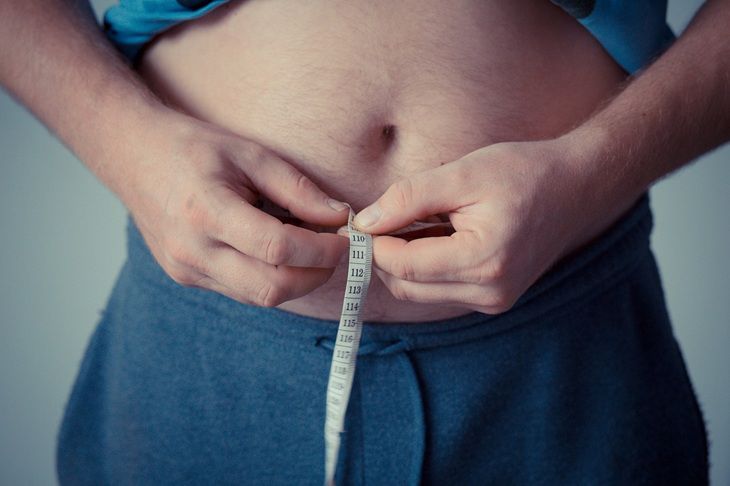Why are all diets harmful after 40? The whole truth about hormones and metabolism
After 40, you eat like a bird and your weight keeps growing? Don't blame willpower.
Blame estrogen, cortisol and insulin - they are rewriting the rules of the game.
Scientists have proven that classic diets are not only useless, but dangerous for those who have crossed the 40-year mark.
Reason 1: Hormonal storm
After 40, the levels of key hormones drop or become unstable:
Estrogen (in women) and testosterone (in men) regulate fat metabolism. Their reduction slows down the burning of calories by 15-20%.

Cortisol (the stress hormone) increases, causing the accumulation of visceral fat.
Insulin loses sensitivity - the body processes carbohydrates worse.
A 2023 study in the Journal of Clinical Endocrinology & Metabolism found that low-calorie diets worsen the imbalance by reducing leptin (the satiety hormone) by 30%.
Reason 2: Metabolism in Survival Mode
From the age of 25, metabolism slows down by 2-3% every decade. After 40, the body perceives a calorie deficit as a threat. The "economy mode" is activated:
Energy expenditure drops by 200–300 kcal/day.
Muscles are destroyed faster than fat (1 kg of muscle burns 13 kcal/day, fat – 4.5 kcal).
Example: a woman on a 1200 kcal/day diet loses 3 kg in a month. But 1.5 kg of that is muscle. This accelerates weight gain after a diet.
Why are diets dangerous?
1. Low carb (keto, paleo):
Cutting out carbohydrates abruptly increases cortisol, which destroys collagen (causing sagging skin).
Fiber deficiency disrupts the gut microbiome, reducing immunity.
Low fat:
Lack of fat disrupts hormone synthesis, increasing the imbalance.
Triggers sugar cravings.
3. Intermittent fasting:
Long periods of fasting (16+ hours) increases insulin resistance in 40% of people over 40 (American Diabetes Association, 2022).
What works instead of diets?
1. Protein accent:
1.6–2 g protein per kg of body weight per day.
Example: 70 kg → 112–140 g protein.
Sources: eggs, cottage cheese, fish, legumes.
2. Strength training:
2-3 times a week.
Increases muscle mass by raising your basal metabolic rate.
3. Low GI Carbohydrates:
Quinoa, buckwheat, brown rice.
They stabilize insulin, reducing cravings for sweets.
4. Sleep and stress management:
7-8 hours of sleep reduces cortisol by 25%.
10 minutes of meditation a day reduces inflammation (Harvard Medical School study).
Test
1. After a diet, the weight comes back with “friends” (+20% of the lost weight)?
2. Do you feel tired even after 8 hours of sleep?
3. Is your waist growing even though your diet hasn’t changed?
Two “yes” is a signal that diets are contraindicated for you.
Why are they keeping quiet about this?
The weight loss industry makes $200 billion a year on your mistakes. But science has long known: after 40, you don’t need a diet, but a lifestyle reboot.
Conclusion
Age is not a sentence, but new rules. Forget about counting calories. Focus on protein, strength training and sleep. You will notice the first results in 6 weeks - without hunger and breakdowns.
